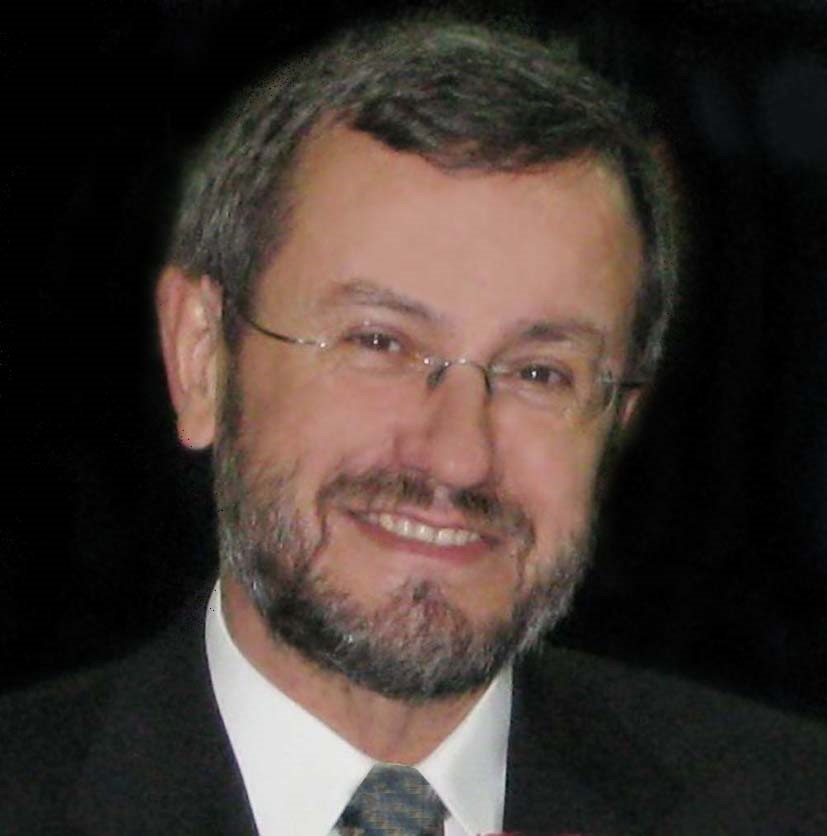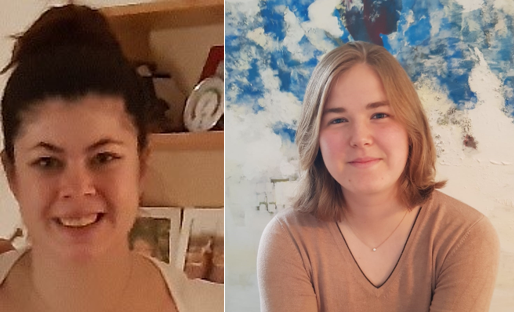AI-Café presents: Drone Vision and Deep Learning for Infrastructure Inspection
March 30th, 2022 (from 3 PM to 4PM CET)
Speaker:

Prof. Ioannis Pitas
(IEEE Fellow, IEEE Distinguished Lecturer, EURASIP fellow and chair of the International AI Doctoral Academy (AIDA)
Description of the Talk:
This lecture overviews the use of drones for infrastructure inspection and maintenance. Various types of inspection, e.g., using visual cameras, LIDAR, or thermal cameras are reviewed. Drone vision plays a pivotal role in drone perception/control for infrastructure inspection and maintenance, because a) it enhances flight safety by drone localization/mapping, obstacle detection and emergency landing detection; b) performs quality visual data acquisition, and c) allows powerful drone/human interactions, e.g., through automatic event detection and gesture control.
The drone should have: a) increased multiple drone decisional autonomy and b) improved multiple drone robustness and safety mechanisms (e.g., communication robustness/safety, embedded flight regulation compliance, enhanced crowd avoidance and emergency landing mechanisms). Therefore, it must be contextually aware and adaptive.
Drone vision and machine learning play a very important role towards this end, covering the following topics: a) semantic world mapping b) drone and target localization, c) drone visual analysis for target/obstacle/crowd/point of interest detection, d) 2D/3D target tracking. Finally, embedded on-drone vision (e.g., tracking) and machine learning algorithms are extremely important, as they facilitate drone autonomy, e.g., in communication-denied environments. The primary application area is electric line inspection. Line detection and tracking and drone perching are examined. Human action recognition and co-working assistance are overviewed.
The lecture will offer: a) an overview of all the above plus other related topics and will stress the related algorithmic aspects, such as drone localization and world mapping, target detection, target tracking and 3D localization, gesture control and co-working with humans. Some issues on embedded CNN and fast convolution computing will be overviewed as well.
Speaker's short bio:
Prof. Ioannis Pitas (IEEE fellow, IEEE Distinguished Lecturer, EURASIP fellow) received the Diploma and Ph.D. degree in Electrical Engineering, both from the Aristotle University of Thessaloniki (AUTH), Greece. Since 1994, he has been a Professor at the Department of Informatics of AUTH and Director of the Artificial Intelligence and Information Analysis (AIIA) lab. He served as a Visiting Professor at several Universities.
His current interests are in the areas of computer vision, machine learning, autonomous systems, intelligent digital media, image/video processing, human-centred computing, affective computing, 3D imaging and biomedical imaging. He has published over 920 papers, contributed to 45 books in his areas of interest and edited or (co-)authored another 11 books. He has also been a member of the program committee of many scientific conferences and workshops. In the past, he served as Associate Editor or co-Editor of 13 international journals and General or Technical Chair of 5 international conferences. He delivered 98 keynote/invited speeches worldwide. He co-organized 33 conferences and participated in technical committees of 291 conferences. He participated in 71 R&D projects, primarily funded by the European Union and is/was principal investigator in 43 such projects. Prof. Pitas lead the big European H2020 R&D project MULTIDRONE. He is AUTH principal investigator in H2020 R&D projects Aerial Core and AI4Media. He was chair and initiator of the Autonomous Systems Initiative. He is chair of the International AI Doctoral Academy (AIDA) and is PI in Horizon2020 EU-funded R&D projects AI4Media (1 of the 4 AI flagship projects in Europe) and AerialCore. He has 33700+ citations to his work and h-index 86+.
Watch the recording
AI-Café Team

Carmen Mac Williams Organizer, and Moderator of the AI-Cafe. She is the Director of the company Grassroots Arts, and a partner in the European AI4media project.

Emma and Theresa Co-organisers and co-moderators for this new season of Café Season. They are Research Assistants at Grassroots Arts.
This Café is organized by Grassroots Arts. If you have questions about the organisation of this AI-Café or if you want to become a Speaker yourself in one of the next Web Cafe Sessions, please contact carmen@grassroots-arts.eu.
The recordings of the past Web Cafes you can find on our AI-Café video channel: https://www.gotostage.com/channel/ai-cafe. Here is the link to the AI-Cafe website: https://ai-cafe.eu/
AI-Cafe WEBCAFE – INFORMATION LEGAL NOTICE > HERE

